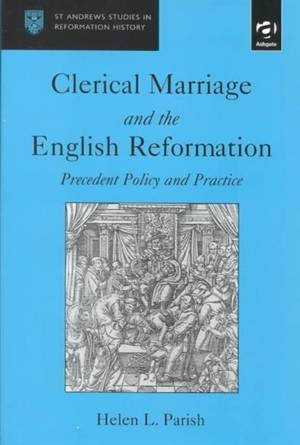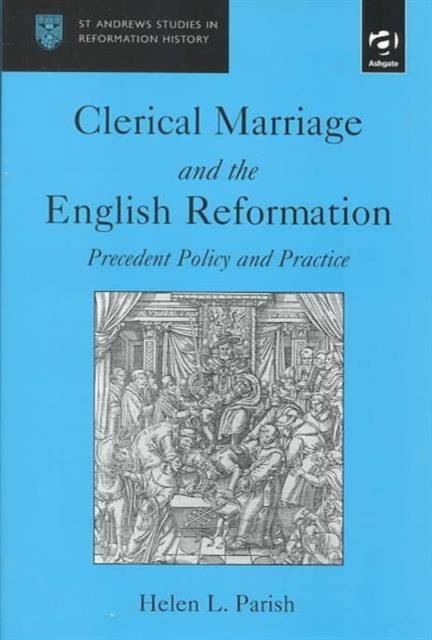
- Afhalen na 1 uur in een winkel met voorraad
- Gratis thuislevering in België vanaf € 30
- Ruim aanbod met 7 miljoen producten
- Afhalen na 1 uur in een winkel met voorraad
- Gratis thuislevering in België vanaf € 30
- Ruim aanbod met 7 miljoen producten
Zoeken
€ 195,95
+ 391 punten
Omschrijving
This volume is an examination of the debate over clerical marriage in Reformation polemic, and of its impact on the English clergy in the second half of the sixteenth century. Clerical celibacy was more than an abstract theological concept; it was a central image of mediaeval Catholicism which was shattered by the doctrinal iconoclasm of Protestant reformers. This study sets the debate over clerical marriage within the context of the key debates of the Reformation, offering insights into the nature of the reformers' attempts to break with the Catholic past, and illustrating the relationship between English polemicists and their continental counterparts. The debate was not without practical consequences, and the author sets this study of polemical arguments alongside an analysis of the response of clergy in several English dioceses to the legalisation of clerical marriage in 1549. Conclusions are based upon the evidence of wills, visitation records, and the proceedings of the ecclesiastical courts. Despite the printed rhetoric, dogmatic certainties were often beyond the reach of the majority, and the author's conclusions highlight the chasm which could exist between polemical ideal and practical reality during the turmoil of the Reformation.
Specificaties
Betrokkenen
- Auteur(s):
- Uitgeverij:
Inhoud
- Aantal bladzijden:
- 288
- Taal:
- Engels
- Reeks:
Eigenschappen
- Productcode (EAN):
- 9780754600381
- Verschijningsdatum:
- 10/08/2000
- Uitvoering:
- Hardcover
- Formaat:
- Genaaid
- Afmetingen:
- 156 mm x 233 mm
- Gewicht:
- 689 g

Alleen bij Standaard Boekhandel
+ 391 punten op je klantenkaart van Standaard Boekhandel
Beoordelingen
We publiceren alleen reviews die voldoen aan de voorwaarden voor reviews. Bekijk onze voorwaarden voor reviews.











